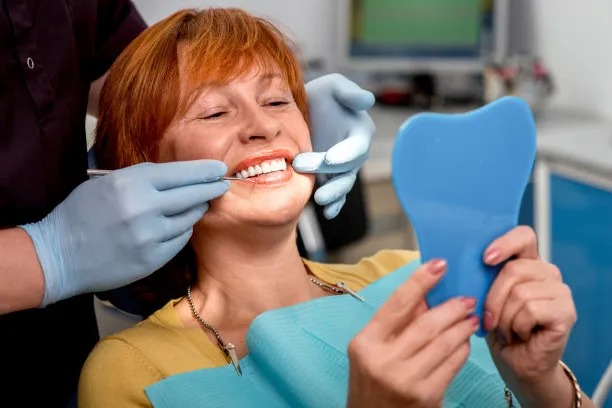Essential Guidelines to Follow Before and After Undergoing Dental Filling Procedures for Optimal Oral Health
Summary: Dental fillings are a common procedure aimed at restoring teeth affected by decay or damage. To ensure successful outcomes and optimal oral health, certain essential guidelines should be followed both before and after the procedure. This article encapsulates these guidelines across four critical aspects: preparation, effective communication with your dentist, post-operative care, and maintaining oral hygiene. Attention to these areas can enhance your experience and promote a quicker recovery, ultimately contributing to long-lasting dental health.
1. Preparing for Your Dental Filling

Preparation is vital before undergoing a dental filling procedure. First and foremost, it is essential to schedule an appointment with your dentist for a thorough examination. This step ensures they can assess the extent of tooth decay and recommend the most appropriate type of filling material. Being well-informed about the procedure will lower anxiety levels and set realistic expectations for the treatment.
Another key aspect of preparation is to communicate any medications you are currently taking with your dentist. Certain medications may require special considerations before the procedure. For instance, anticoagulants can increase the risk of excessive bleeding, which may necessitate adjustments in the treatment plan.
Lastly, consider arranging transportation to and from your appointment, especially if you plan to receive sedation dentistry. Post-treatment grogginess can impair your ability to drive, making it essential to have someone to assist you during this time.
2. Communicating Effectively with Your Dentist
Open and honest communication with your dentist is crucial for a successful dental filling experience. It would be best to express any concerns or fears you may have about the procedure. Dentists are trained to address patients anxieties and can provide reassurances and options to make the experience more comfortable.
Also, ensure you ask any questions regarding the type of filling being used, the procedure itself, and what to expect during recovery. Understanding the details can help eliminate uncertainties and enhance your comfort level.
Additionally, let your dentist know about your dental history, including any previous fillings or allergic reactions to dental materials. This information ensures they provide tailored dental care that suits your specific needs.
3. Post-operative Care for Optimal Recovery
After undergoing a dental filling, following post-operative care guidelines is essential for a smooth recovery. First, be sure to avoid hard or sticky foods for at least 24 hours. Consuming such foods may compromise the integrity of the filling and lead to discomfort. Opt for softer foods that require minimal chewing during this initial period.
Moreover, you may experience some sensitivity in the treated area for a few days following the procedure. Over-the-counter pain relief can alleviate discomfort if necessary. However, it鈥檚 vital to contact your dentist if the pain persists or worsens, as this could indicate a more serious issue.
Lastly, follow your dentists instructions regarding follow-up appointments and further dental care. Regular check-ups ensure the filling is functioning correctly and provide an opportunity to catch any potential problems early.
4. Maintaining Strong Oral Hygiene Practices
Maintaining strong oral hygiene practices is fundamental to ensuring the longevity of your dental filling and overall oral health. Brush your teeth at least twice daily with fluoride toothpaste, focusing on the filled tooth and surrounding areas. Good brushing techniques help remove food particles and reduce plaque buildup, which is vital for avoiding further decay.
Flossing should also be a part of your daily routine, especially after filling procedures. Proper flossing can reach areas that the toothbrush might miss, significantly contributing to your dental health and preventing future cavities.
Finally, consider regular visits to your dentist for professional cleanings and check-ups. These appointments allow for ongoing assessment of your dental work and can help prevent severe issues before they arise, ensuring lasting oral health.
Summary:
In summary, adhering to essential guidelines before and after undergoing dental filling procedures can significantly enhance your oral health outcomes. Preparing adequately, communicating effectively with your dentist, following post-operative care routines, and maintaining strict oral hygiene practices are crucial for optimal recovery and long-lasting health.
Remember, your dental health is indispensable, and these steps play a vital role in safeguarding it for years to come.
This article is compiled by Vickong Dental and the content is for reference only.



